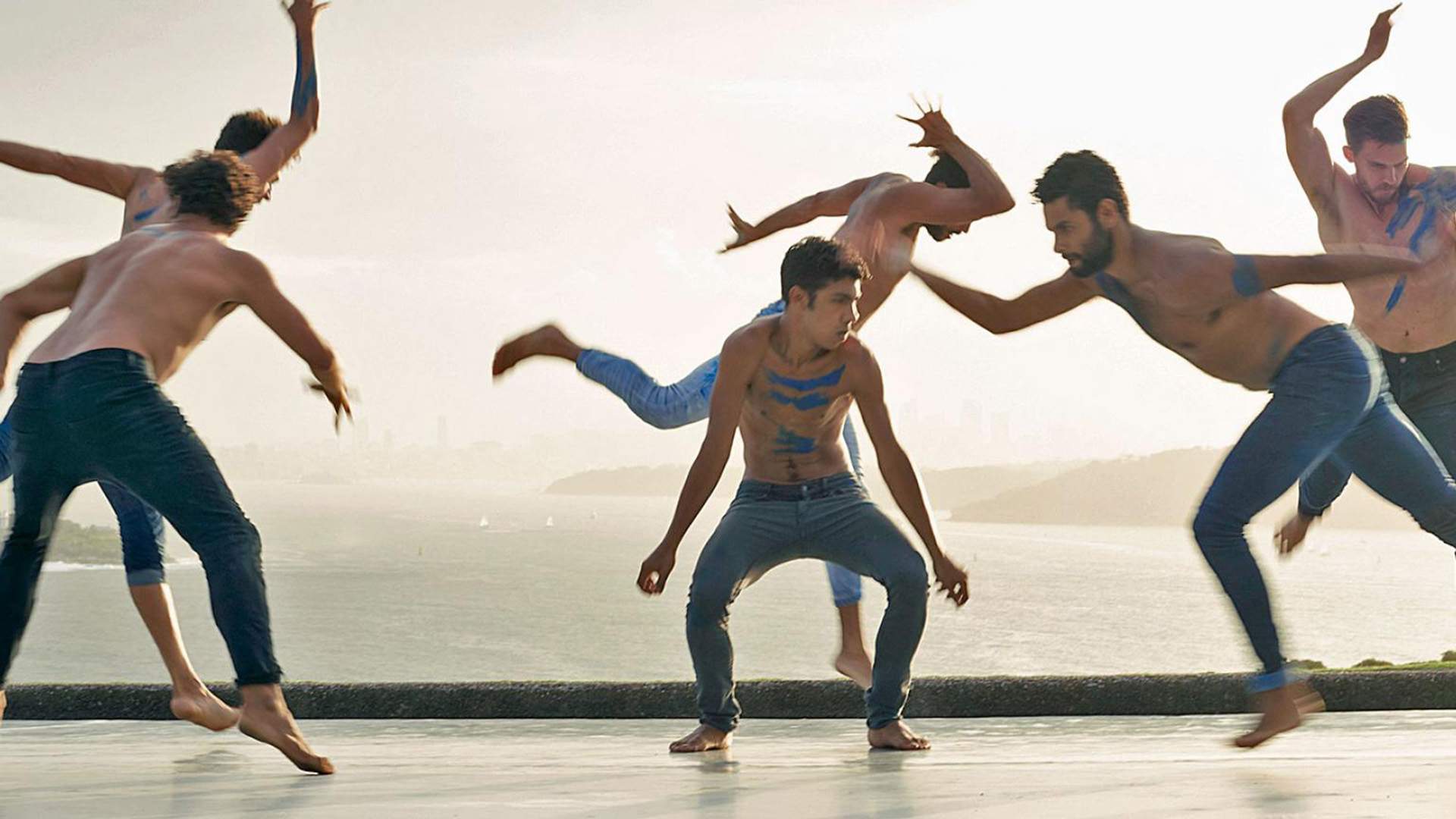Spear
A unique dance film that speaks to the experience of Indigenous Australians.
Overview
When is a dance film more than just a dance film? When it brings a celebrated real-life performance to the cinema, fills its frames with dream-like visuals, and dives into the indigenous Australian experience. That's the case with Spear, which — its sublime showcase of fancy footwork and smooth moves aside — bears little other resemblance to the bulk of the dance film genre. Saturday Night Fever, Footloose and Step Up, this is not.
Indeed, in an effort concerned with origins and evolution, understanding the movie's own leap from dance piece to film is pivotal. Spear blossoms out of a Bangarra Dance Theatre presentation first staged in 2000, and marks the feature filmmaking debut of Stephen Page, the company's artistic head. His close connection with the material is evident from the outset, and not just because his son, Hunter Page-Lochard, plays the lead character and his brother, David Page composed the accompanying music. Prior to this, Page's only credits are on a segment of The Turning and choreography work on Bran Nue Dae and The Sapphires. Nonetheless, his expressive offering demonstrates what all directors hope for: the strong imprint of a distinctive guiding hand.
Given that the production relies upon imagery and movement much more than words and narrative, the importance of Page's task cannot be underestimated. In fact, as Spear cycles between rocky seaside cliffs, dusty outback plains and gritty urban locations, the feature's primary aim isn't to tell a story, but to convey a feeling and channel a sense of spirituality. Enter Djali (Page-Lochard), an Aboriginal youth trying to understand his heritage, and the audience's on-screen surrogate. As the film takes him through the past and present experiences of his people, sometimes accompanied by an Old Man (Demala Wunungmurra) or interacting with Suicide Man (Aaron Pedersen), its rhythmic sights and sounds wash over him — and over the watching viewer, too.
Think of Spear as a series of exquisite dance routines, each fusing the traditional and the contemporary, and representing a plethora of issues: discrimination, marginalisation, violence, homelessness, abuse, and forced assimilation among them. Think of it as a process of layering, as well. Each individual section proves an intricate, intimate and distinctive creation in its own right, as well as a crucial piece of a bigger thematic and artistic puzzle.
If it sounds unique, that's because it is. In fact, with its combination of exceptional physical feats, evocative presentation and somewhat abstract content, Spear is unlike any film most audiences will have seen. It's a stunning achievement, as well as a memorable one. The end result doesn't simply engage the brain but assaults the senses — so much so that it almost feels as though the movie could dance from the screen back into reality at any moment.
To celebrate Black History Month, Spear screens at QPAC's Cremorne Theatre at 6.30pm on Thursday, July 5 — with tickets just $5, and a Q&A session held after the film.





